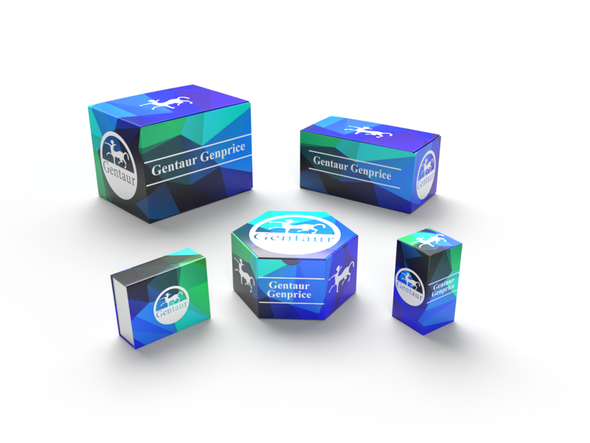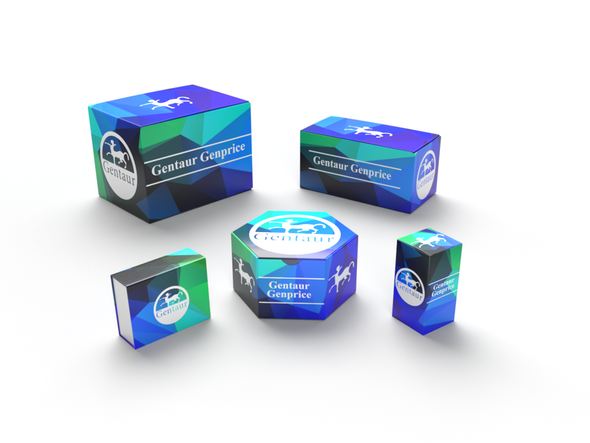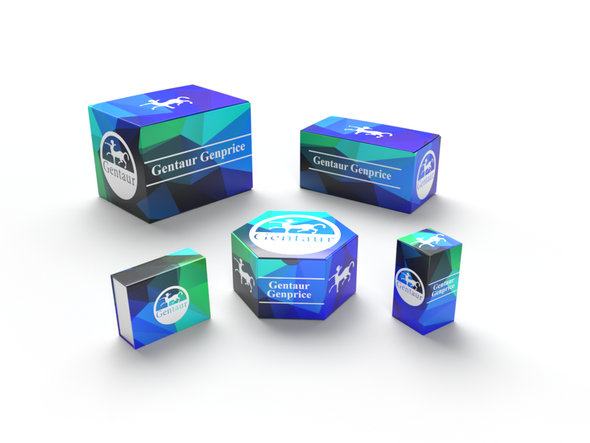Additional Information
Size: |
100 µg |
Target: |
ATG3 |
Conjugate: |
Dylight 350 |
Research Area: |
Neuroscience | Neurodegeneration | Cancer | Tumor suppressors | Cardiovascular System | Heart | Cancer | Autophagy | Cell Signaling | Metabolism | Metabolism processes |
Alternative Name: |
ATG3 Antibody, ATG3 autophagy related 3 homolog (S. cerevisiae) Antibody, Ubiquitin-like-conjugating enzyme ATG3 Antibody, APG3-like Antibody, APG3L Antibody, APG3, S. cerevisiae, homolog of Antibody, APG3 like Antibody, Apg 3 Antibody, Autophagy-rel |
Category: |
Antibodies |
Product Type: |
Polyclonal Antibody |
Immunogen: |
Synthetic peptide from the mid-protein of Human ATG3 |
Immunogen Species: |
Human |
Applications: |
WB, ICC/IF |
Host: |
Rabbit |
Isotype: |
N/A |
Species Reactivity: |
Human |
Antibody Dilution: |
WB (1:1000), ICC/IF (1:100); optimal dilutions for assays should be determined by the user. |
Purification: |
Peptide Affinity Purified |
Storage Buffer: |
PBS, 50% glycerol, 0.09% sodium azide |
Concentration: |
1 mg/ml |
Specificity: |
Detects ~35 kDa. |
Storage: |
-20ºC |
Shipping: |
Blue Ice or 4ºC |
Certificate of Analysis: |
A 1:1000 dilution of SPC-671 was sufficient for detection of ATG3 in 15 µg of human HeLa cell lysates by ECL immunoblot analysis using goat anti-rabbit IgG:HRP as the secondary antibody. |
Cellular Localization: |
Cytoplasm |
Tissue Specificity: |
Widely expressed, with a highest expression in heart, skeletal muscle, kidney, liver and placenta. |
Accession Number: |
NP_001265641.1 |
Gene ID: |
64422 |
Swiss-Prot: |
Q9NT62 |
Field of Use: |
For in vitro research use only. |






